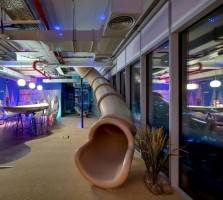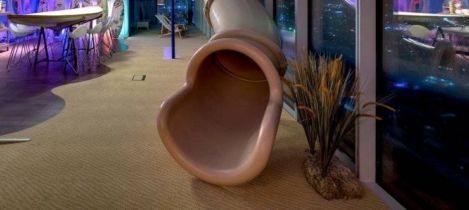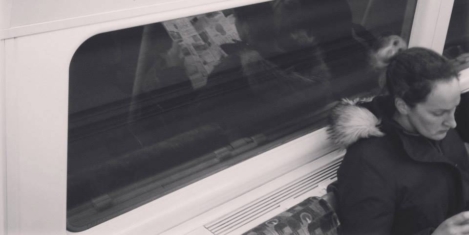September 21, 2015
Five essential office design trends to look for in the near future 0
 Since the early Twentieth Century, business leaders have been experimenting with office design in an attempt to improve productivity. From the sea of forward-facing desks imagined by Frederick Taylor, to the infamous cubicle of the late 1960s, to today’s open-plan office, each innovation has said something about our changing relationship to work. In a Gensler survey with more than 2,000 participants, 90 percent of respondents indicated that better workplace design and layout result in better overall performance. The greatest developments of recent times have emerged from the tech giants of Silicon Valley, where businesses have blended playfulness, company culture and the collaborative benefits of open layouts to craft unique and engaging spaces. So where are we headed? Here are five major trends that are likely to have a lasting impact on the way we work.
Since the early Twentieth Century, business leaders have been experimenting with office design in an attempt to improve productivity. From the sea of forward-facing desks imagined by Frederick Taylor, to the infamous cubicle of the late 1960s, to today’s open-plan office, each innovation has said something about our changing relationship to work. In a Gensler survey with more than 2,000 participants, 90 percent of respondents indicated that better workplace design and layout result in better overall performance. The greatest developments of recent times have emerged from the tech giants of Silicon Valley, where businesses have blended playfulness, company culture and the collaborative benefits of open layouts to craft unique and engaging spaces. So where are we headed? Here are five major trends that are likely to have a lasting impact on the way we work.



















 One of the most typical claims that suppliers in this sector make about their products is that they will make people more productive at work. Many go so far as to put numbers on what this means, and usually not just 0.4 percent or whatever but something far more. We can understand why they do this because they are seeking to link workplace productivity to whatever it is they have to sell. This is often tenuous for at least two reasons. The first is that even when such a causal link is demonstrably true, it still assumes that all other things at work are equal, whereas they never are because there are so many factors involved. That is why you will find some people cheerfully working in shabby, cluttered, underlit offices while others mope around unhappily in gilded cages with expensive chairs, soaring daylit atria and olive groves. The second is that such claims simply ignore what makes people tick.
One of the most typical claims that suppliers in this sector make about their products is that they will make people more productive at work. Many go so far as to put numbers on what this means, and usually not just 0.4 percent or whatever but something far more. We can understand why they do this because they are seeking to link workplace productivity to whatever it is they have to sell. This is often tenuous for at least two reasons. The first is that even when such a causal link is demonstrably true, it still assumes that all other things at work are equal, whereas they never are because there are so many factors involved. That is why you will find some people cheerfully working in shabby, cluttered, underlit offices while others mope around unhappily in gilded cages with expensive chairs, soaring daylit atria and olive groves. The second is that such claims simply ignore what makes people tick.
















September 22, 2015
John Fogarty reflects on a career in office furniture spanning five decades 0
by John Fogarty • Comment, Furniture, Workplace design
(more…)